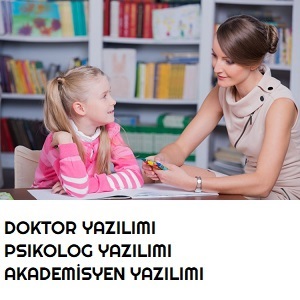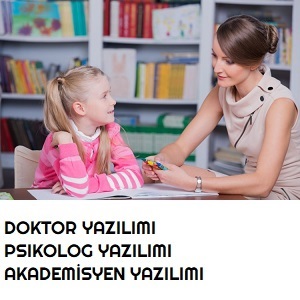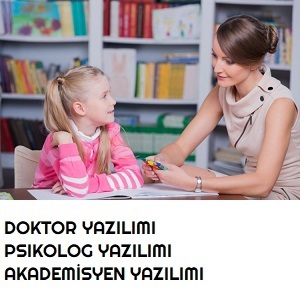ADHD Is Not Just "Naughtiness": A Lifelong Challenge That Needs Attention
What Is ADHD and Why Does It Matter?

ADHD Is Not Just "Naughtiness": A Lifelong Challenge That Needs Attention
MEDICENTERTV.COM / TÜRKİYE
Attention Deficit Hyperactivity Disorder (ADHD) is one of the most common concerns parents bring to child and adolescent psychiatry units, explains Dr. Melek Gözde Luş, Child and Adolescent Psychiatrist at Üsküdar University NP Etiler Medical Center. "ADHD is a significant public health issue, capable of causing substantial psychiatric, academic, and social problems if left untreated," she says.
Dr. Luş emphasizes that ADHD affects individuals throughout their lives, persisting in 80% of adolescents and 60% of adults if not properly treated. Therefore, early diagnosis and treatment are crucial to mitigate its long-term effects.
How ADHD Differs from Childhood Mischief
Many parents mistakenly equate ADHD symptoms with typical childhood misbehavior. However, Dr. Luş clarifies the distinction:
- Mischief is self-directed and can be controlled or stopped by the child at will.
- Hyperactivity, on the other hand, involves difficulty in self-regulation and acting appropriately for the environment.
“Labeling a child as 'naughty' can damage their self-esteem and prevent uncovering the underlying issue,” she warns. ADHD symptoms include:
- Difficulty focusing on tasks.
- Quickly shifting attention.
- Struggling to follow instructions.
- Inability to sit still or remain calm in structured environments.
The Impact of ADHD on Education and Social Behavior
Structured environments, such as classrooms, can be particularly challenging for children with ADHD. They may:
- Have shorter attention spans compared to peers.
- Exhibit disruptive behavior or refuse to attend stressful situations.
- Struggle with procrastination, not just academically but across all areas of life.
Teachers play a vital role in supporting children with ADHD. Dr. Luş notes that many educators now adopt constructive approaches, such as:
- Encouraging participation by seating children at the front.
- Avoiding punitive measures and instead reinforcing rules positively.
- Observing behavior closely to tailor strategies for engagement.
Why ADHD Needs Treatment
ADHD doesn’t resolve on its own. If untreated, it can lead to lifelong challenges, including:
- Underachievement in academic and professional settings.
- Strained relationships with peers and family.
- Increased risk of accidents, substance abuse, and mental health issues.
Dr. Luş emphasizes that parental involvement is critical to successful treatment. Educating families about ADHD’s implications and treatment options is the first step toward improvement.
Tips for Families of Children with ADHD
Dr. Luş offers these recommendations to parents:
- Set realistic expectations: Don’t expect perfection and avoid magnifying small mistakes.
- Avoid negative labels: Refrain from calling your child "lazy," "stubborn," or "troublesome."
- Promote healthy habits: Encourage balanced nutrition, regular exercise, and consistent sleep schedules.
- Work with educators: Collaborate with teachers and school staff to create a supportive environment.
- Medication can help: ADHD medications are highly effective, but they must be paired with informed and responsible approaches from parents, teachers, and caregivers.
ADHD: A Manageable Challenge with the Right Support
ADHD is not caused by parenting styles but requires dedicated support from families, educators, and healthcare providers. "When parents, teachers, and professionals work together, ADHD treatment becomes much more effective," concludes Dr. Luş. By fostering understanding and early intervention, children with ADHD can achieve their full potential and lead fulfilling lives.
Keywords: ADHD in children, ADHD treatment, parenting tips for ADHD, ADHD symptoms, hyperactivity in kids, child psychiatry, educational strategies for ADHD, ADHD medication, long-term effects of ADHD.











